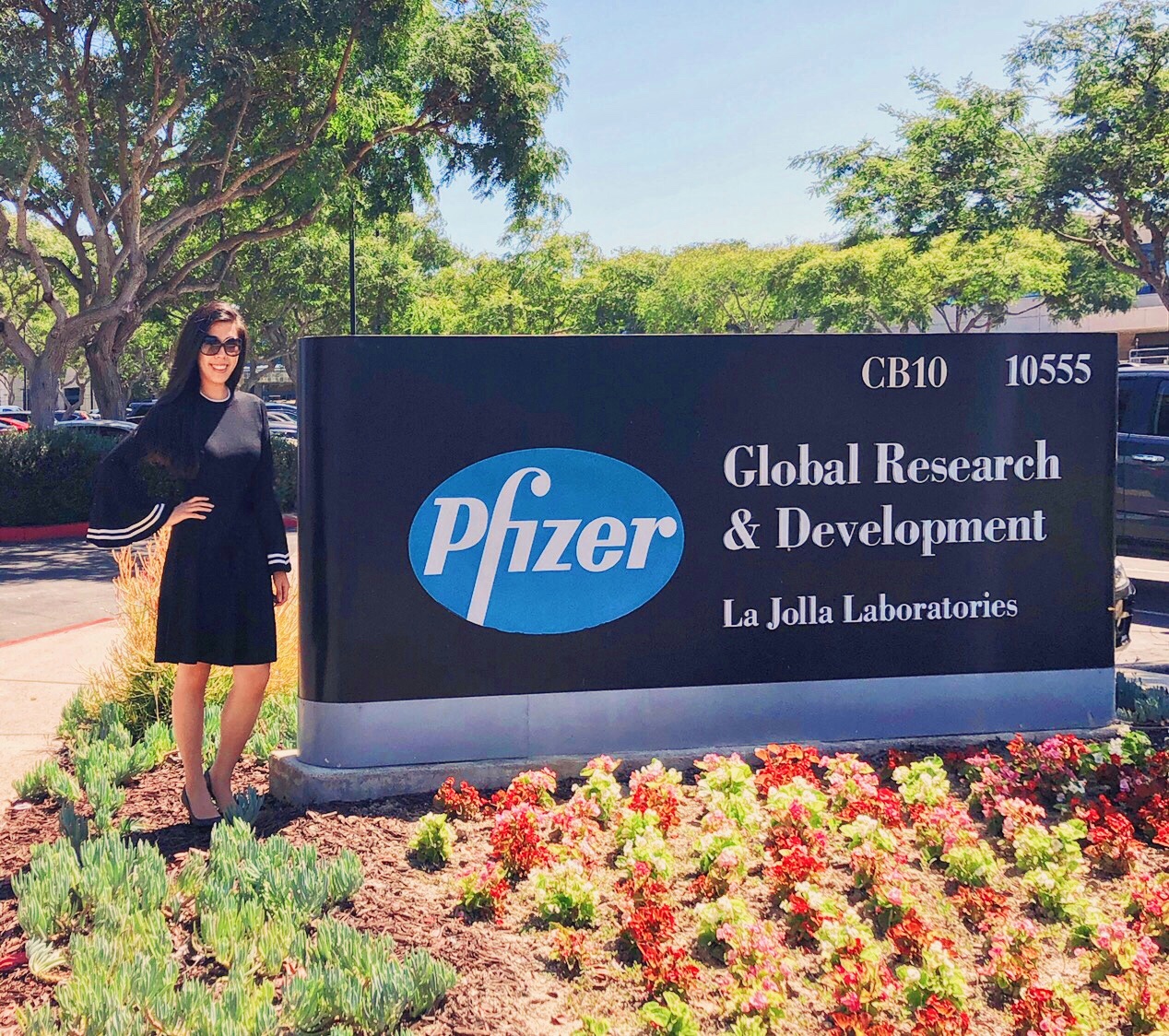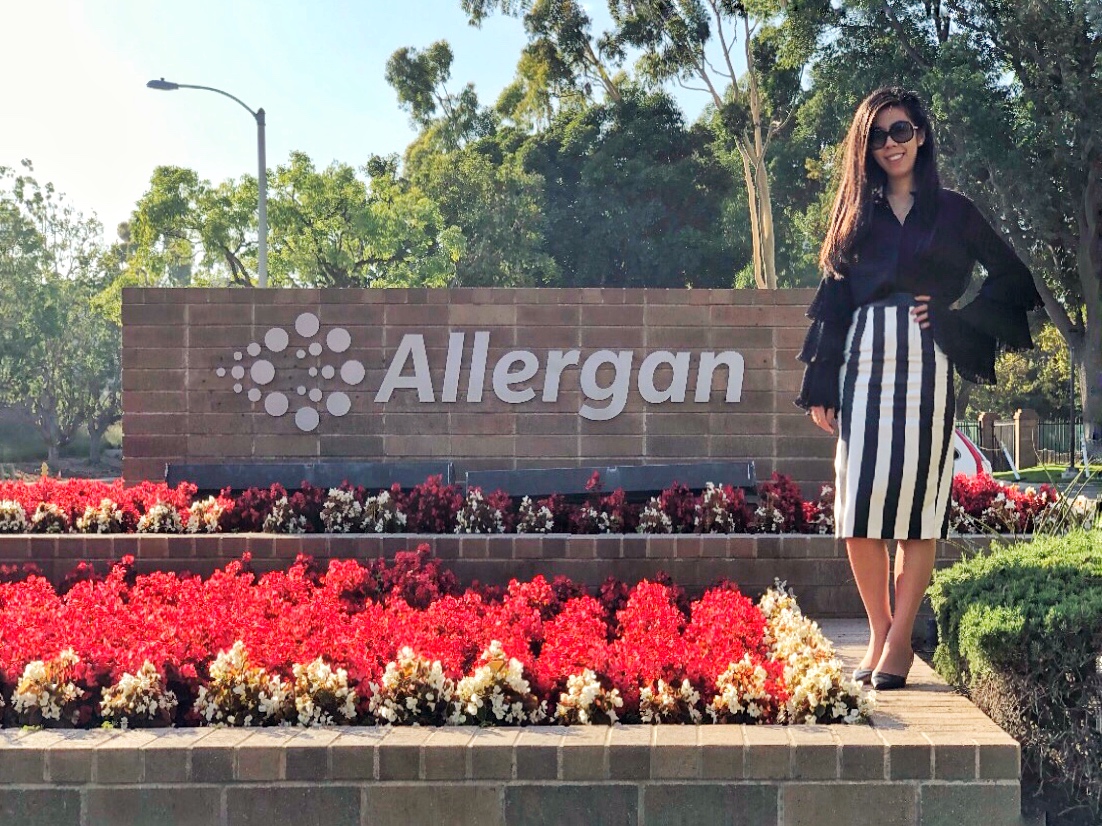Pharmaceutical Industry Rotations: Pfizer + Allergan
Monday, June 28, 2021Hello all! I'm back with my pharmacy related posts. I decided to shift the focus of my blog to pharmacy/academia with the purpose of informing rather than sharing my weekly outfits. But do not fret, my style and fashion will continue to shine here and my instagram. Check out my personal @adriennenguyenn and pharmacy @rx_adriennenguyen accounts. Using this space to speak about my journey through pharmacy will have a greater impact in helping future PharmD students so without further ado, let's start!
So you want a career in the pharmaceutical or biotech industries after you obtain your PharmD? How do you make yourself competitive for a fellowship position? How do you jump straight into the industry? How do you get the experience?
MY METHODOLOGY
1. Secure APPE rotations in the pharmaceutical industry
I strategically placed my pharmaceutical industry rotations as my first two APPE blocks of 4th year. Why? I wanted to have these rotations in my pocket so I could talk about my experience during interviews. Besides, Allergan - Clinical Development and Pfizer- Clinical Pharmacology really spiced up my CV! Though having direct pharma or biotech experience is not necessary, it gave me so much more to talk about. I was able to draw upon these to answer situational questions. Another tip, place one of your easy rotations during application season. My 3rd block was community pharmacy. Your typical 8-5 and that was it. No extra projects or weekend shenanigans so I could work on my applications, letter of intent, interview prep, and LinkedIn stalking.
2. Not able to get rotations? Obtain transferrable experience
Depending on which functional area you choose to pursue, tailor your experiences to align with your potential fellowship or job requirements. In addition to my APPE rotations in pharma, I also shadowed and did a TREMENDOUS amount of research both during and prior to pharmacy school. For those who have been following my blog, I applied to both Clinical Development and Clinical Pharmacology positions.
For Clinical Development, I highlighted my research (6+ years from undergrad and beyond), writing (publications including a 1st author pub), and public speaking (zillions of oral and poster presentations).
For Clinical Pharmacology, I highlighted my research, PharmD degree (for FTE), experience with programming software (R Studio, Python, and SQL).
These were on top of my exposure to pharma by way of rotations. Don't sell yourself short. No two candidates are alike. Look at your CV and see how you can leverage the experience you already have.
3. Develop connections
I cannot stress how valuable connections are in life. Prior to attending ASHP Midyear, I created a list of programs I intended to submit an application (Check out this post on How to Prepare for Fellowship Interviews). I made it my mission to contact current fellows in the respective areas I was interested in: Clin Dev or Clin Pharm. The fellow's contact information may not be on their website or brochure so that's when LinkedIn stalking became second nature to me. I hunted down fellows, added them and initiated conversations. I would say 95% of them responded to me and most spoke to me over the phone for 45 minutes+. Not only will these interactions help you decide which program/company is the best fit for you, it will allow the fellow to know you prior to the interview... putting you ahead of the curve! It's imperative that you establish good rapport with fellows since they will be spearheading your initial interview.
I plan on detailing my own journey here and answering your questions. If you have any specific concerns or questions, please do not hesitate to leave a comment. I'll either respond here or my Pharmacy Instagram!
XO,
Adrienne






0 Comments